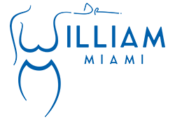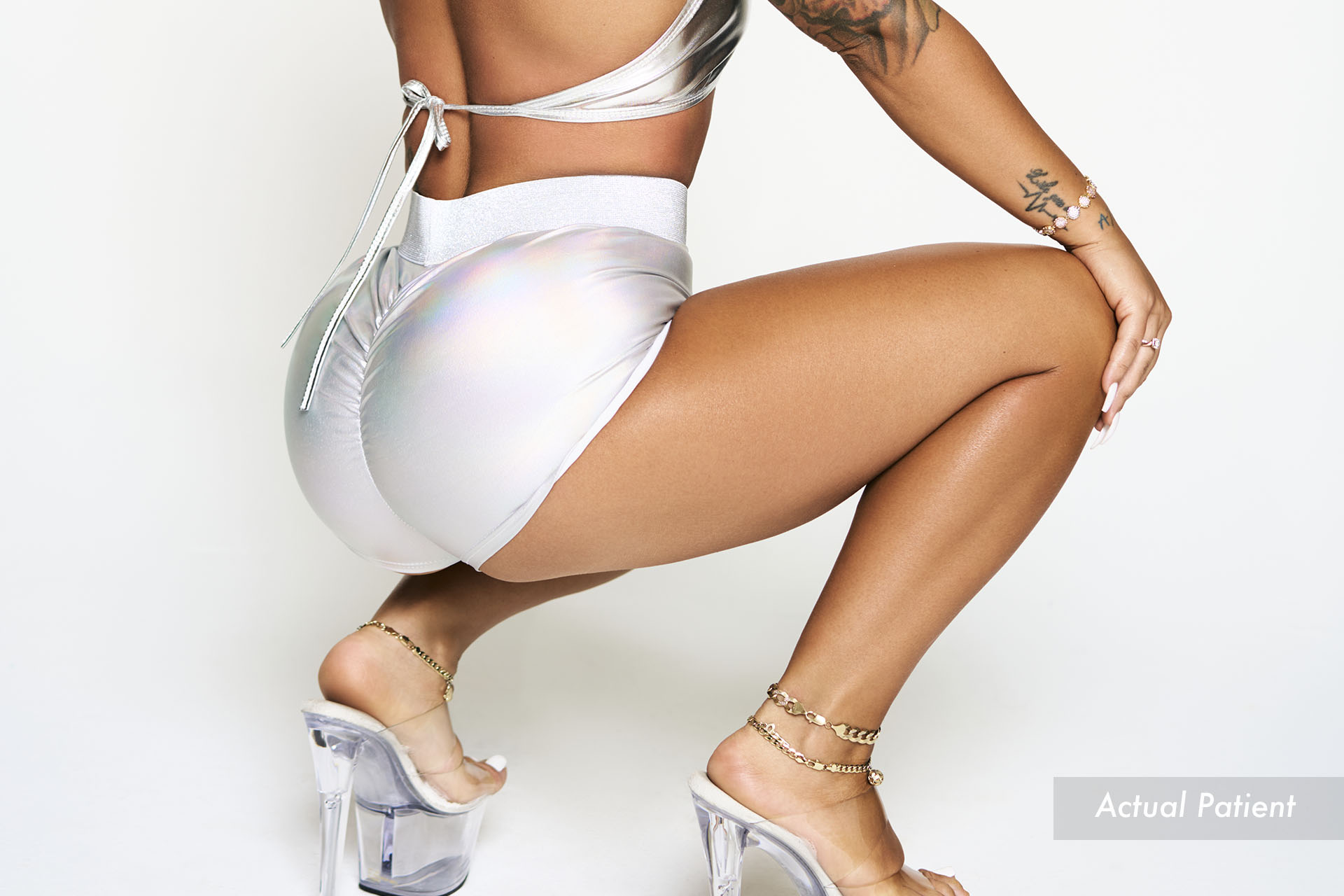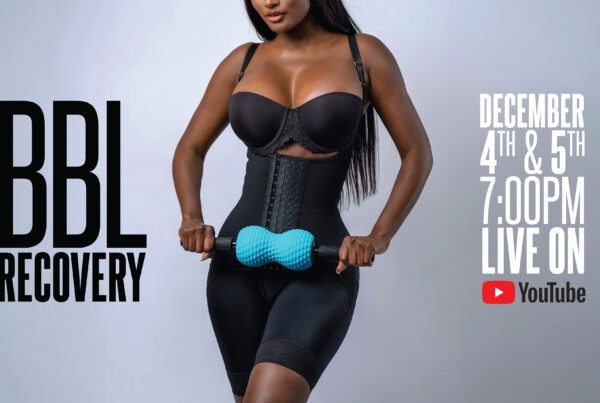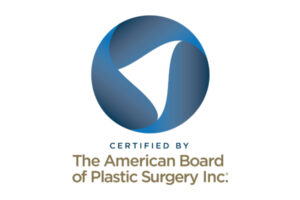So far, the “How to Prepare for Your BBL” series has two parts, which focus on diet, exercise and vitamins and labs, testing and medical clearances. When considering the significance of preparation before a BBL, I can’t overstate the importance of these topics, so if you’ve missed the first few blogs, I recommend visiting them here and here.
As I’ve mentioned, there are many things to consider during the planning phase of the BBL, and next is smoking and medication.
Smoking
My best recommendation before any procedure – stop smoking anything with nicotine.
Besides just making the right move for your health, you’re also lessening your chances of post-surgical risks.
With liposuction or a BBL, it is ok to smoke cigarettes; however, you need to understand the risks. Cigarette smoking doubles your chances of experiencing risks like blood clots, infection and issues with wound healing.
Marijuana
Marijuana is an excellent anxiolytic. It can help calm patients before surgery and work well for postoperative nausea. If you smoke marijuana, it is ok to continue doing so, but avoid using papers because many contain nicotine. It is ok to continue to use marijuana before and even after your surgery—simply choose a method free of nicotine.
Medications
First and foremost, you mustn’t stop or start medication independently without consulting the prescribing physician.
Medications to Avoid
Aspirin and other nonsteroidal anti-inflammatory drugs (NSAIDs) impede platelet function. You’ll want to stop taking NSAIDs or other medications that cause bleeding (blood thinners), as use may result in a blood transfusion. Here are a few common over-the-counter medications you’ll want to avoid:
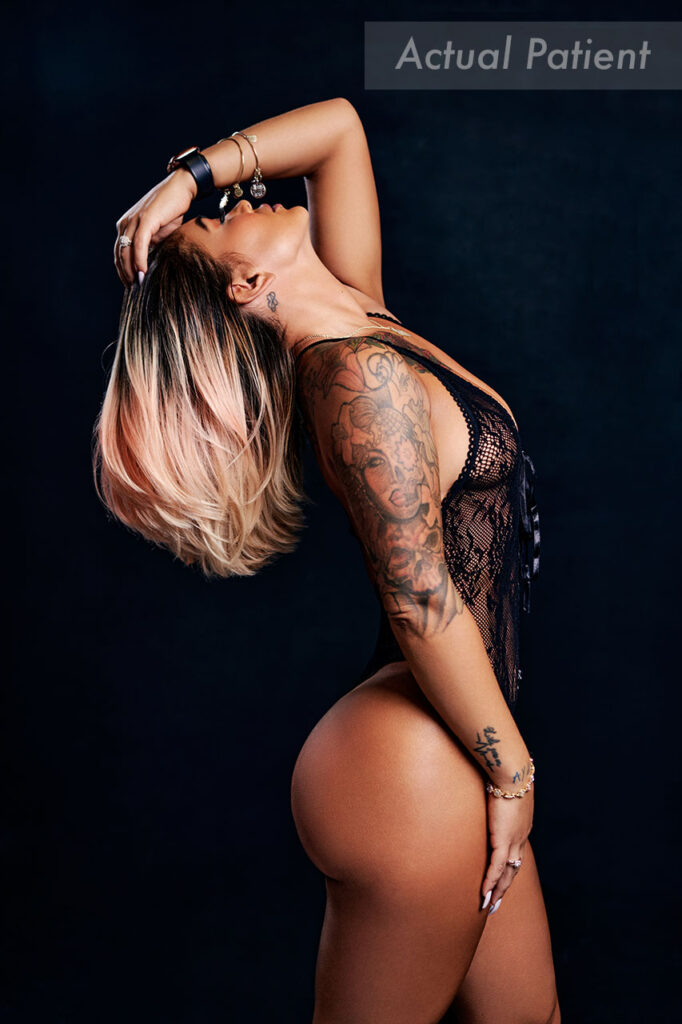
- Aspirin (ASA)
- Motrin
- Mobic
- Aleve
- Ibuprofen
- Excedrin
- Naproxen
You should not take any of these types of medications for at least two weeks before surgery.
Phentermine, or similar medications that suppress appetite, should also be stopped two weeks or more before surgery.
Before a BBL, Tylenol is the only acceptable pain reliever, but both postoperative medications, Percocet and Norco, contain Tylenol. Therefore, you’ll need to stop taking it altogether after surgery unless you intend to stop the prescribed pain medication.
Anxiety Medication
Continue to take any anxiety medication or antidepressant medication, like:
- Xanax
- Ativan
- Zoloft
- Effexor
- Paxil
Please continue these medications exactly as you usually would. You can even take these medications on the day of surgery with a small sip of water. Stopping anxiety medications can lead to withdrawal or make your overall experience more unpleasant.
Asthma
If you use an inhaler for asthma, please bring it with you on the day of surgery, as the anesthesiologist will instruct you to take a dose before going into the operating room and will likely administer another while you are under anesthesia before waking up.
Some patients take oral steroids (by mouth) to control their asthma. Steroids interfere with the body’s response to injury and can inhibit the way your body heals. We cannot perform surgery if you have been on steroids in the last month, and steroids must be weaned off under doctor supervision.
**Note: Asthma is a serious condition, and it’s vital to talk to your plastic surgeon about it during your first consultation to determine a plan for management during surgery. Patients with asthma will need medical clearance from their physician or pulmonologist. If attacks are frequent or asthma is difficult to control, it is best to avoid elective plastic surgery.
Blood Pressure, Cholesterol and Thyroid
Please continue taking blood pressure, cholesterol and thyroid medication normally – before, day-of-surgery (with a small sip of water) and after.
Doctor’s Orders: If you’re considering a BBL, please begin by focusing on the parts of your health that YOU can regulate and control. By flexing this knowledge and expertise in planning, you are taking the reins of your overall health and healing before, during and after surgery.
